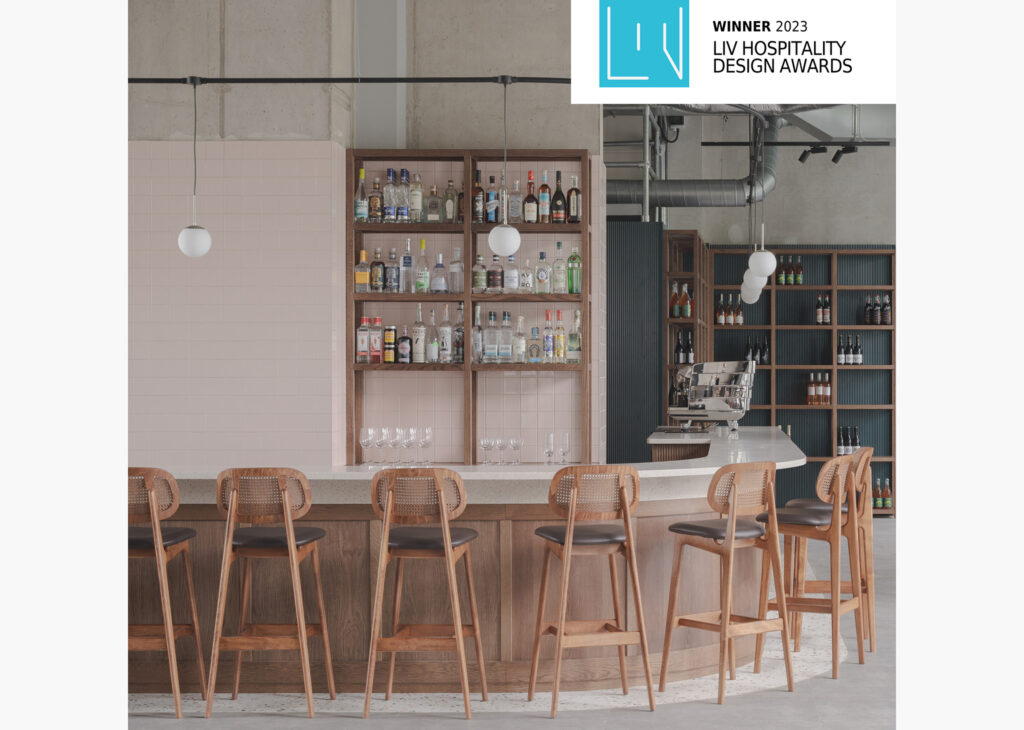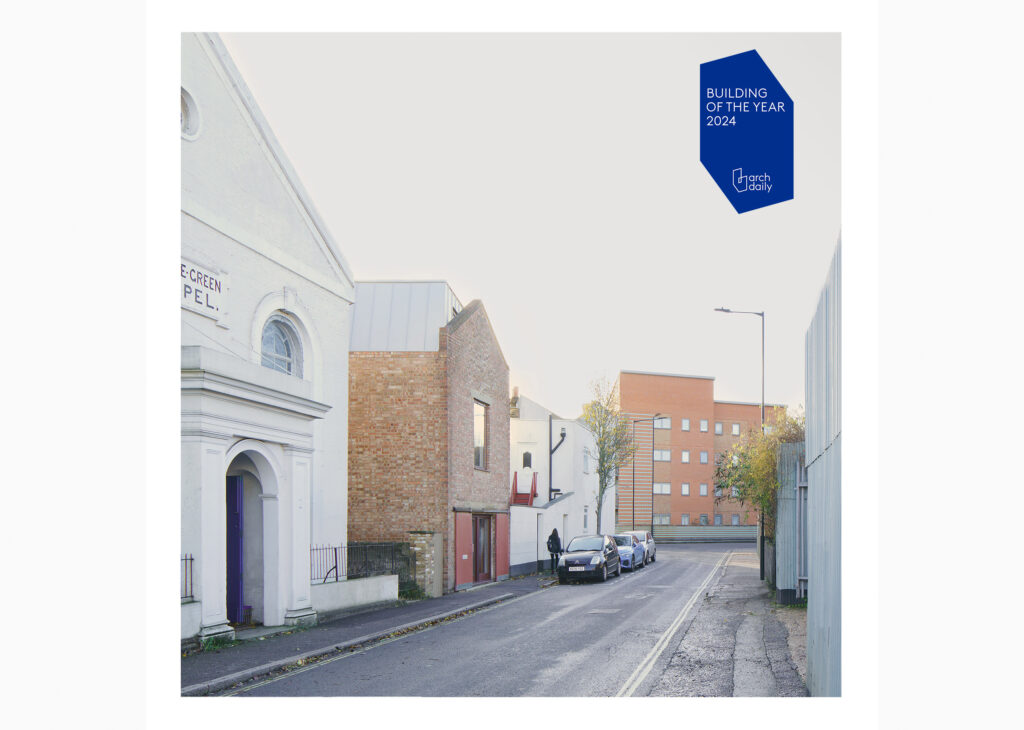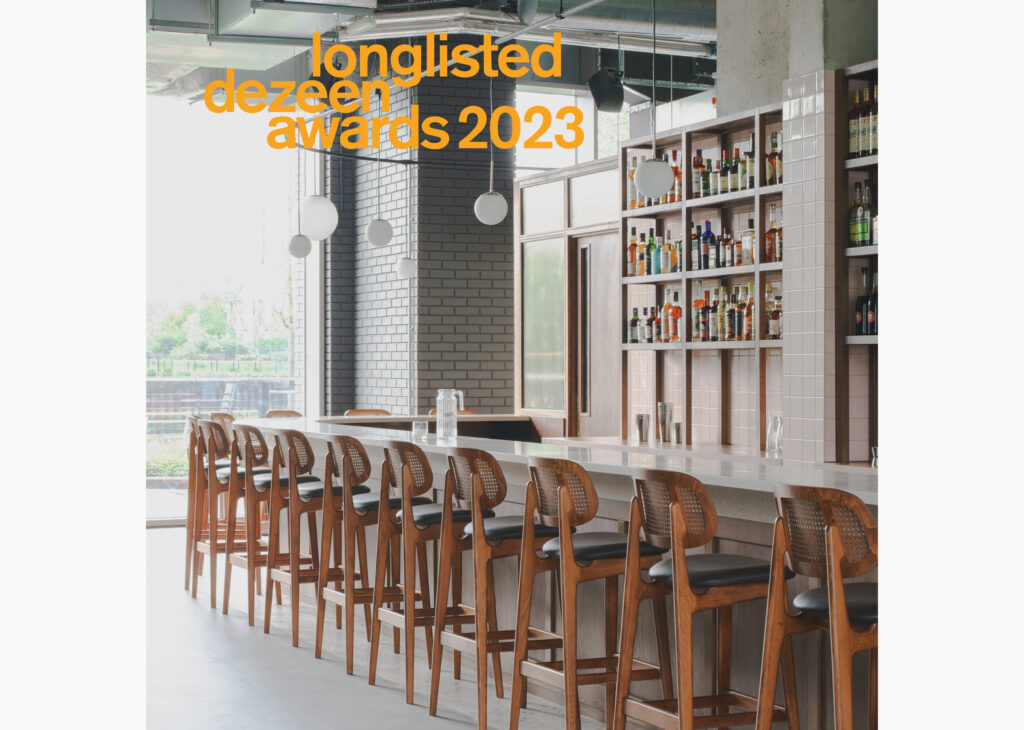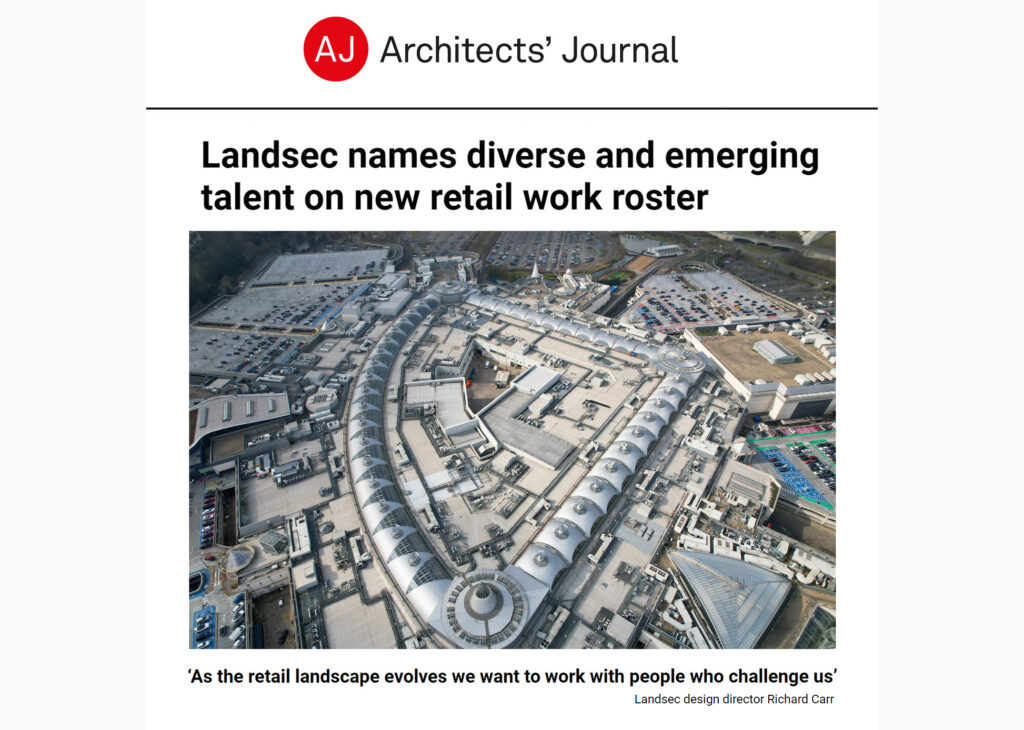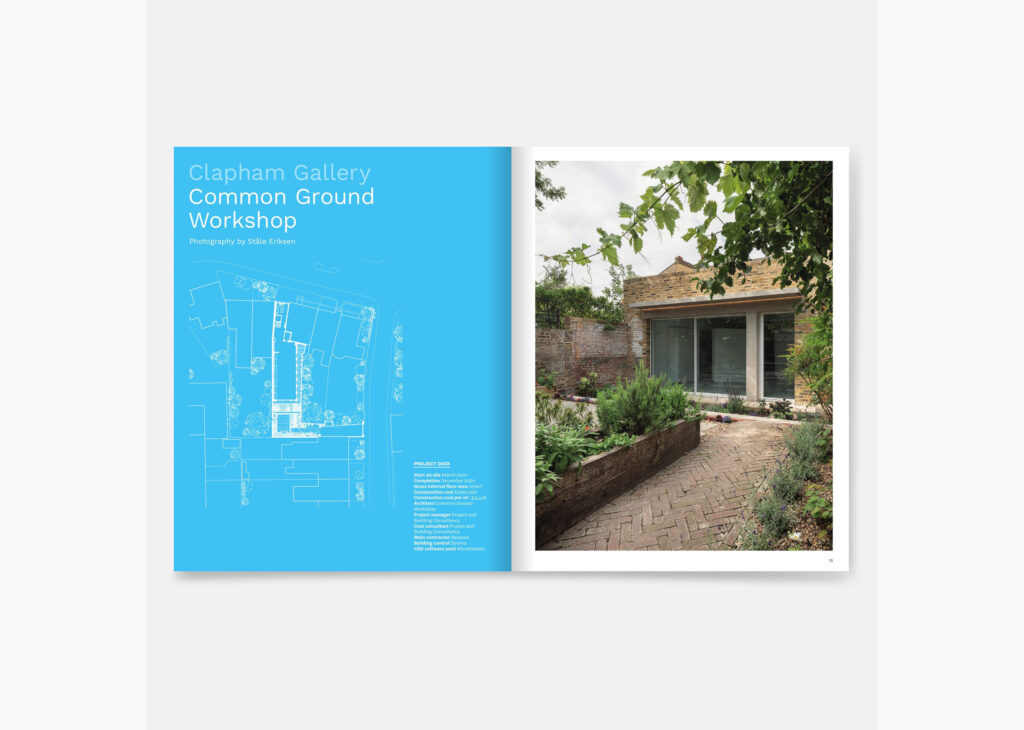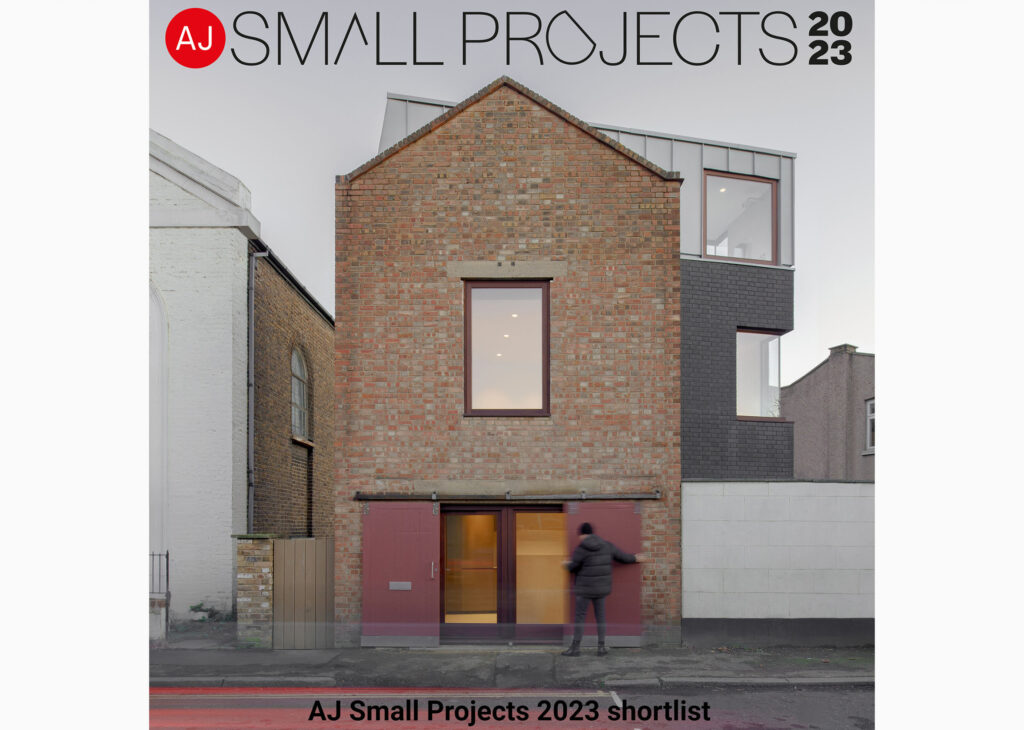The importance of ‘Community-Mindedness’ and ‘Destination-Thinking’ in Design
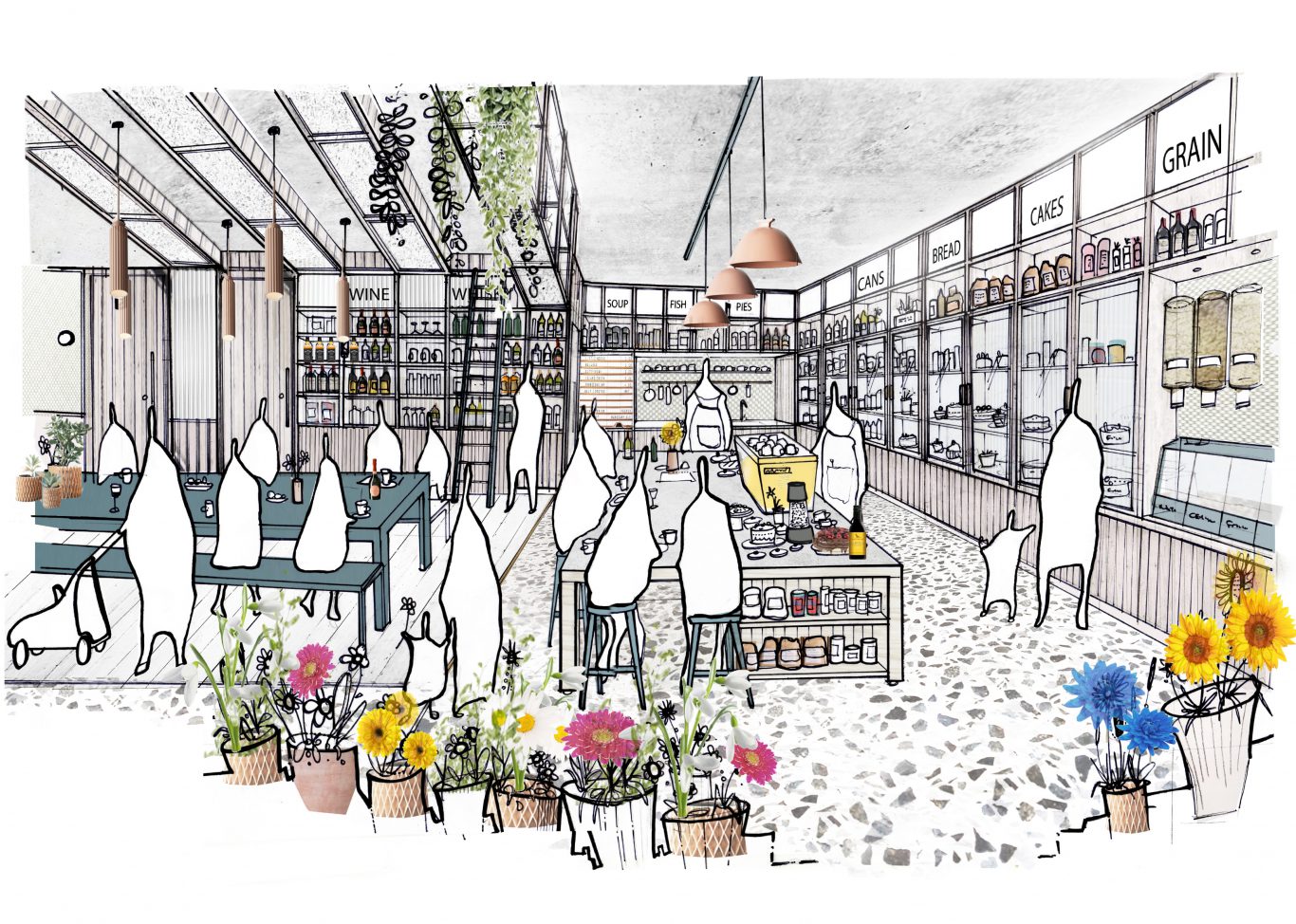
Common Ground Workshop is currently collaborating on a number of new developments across London from Vauxhall in the west to the City Airport area in the East with a view to introducing placemaking techniques and to design destination locations. As the creation of large residential developments across London begets entirely new and diverse communities, developers face an increasingly challenging task of creating sustainable, inclusive and vibrant public realm and destinations that attract a broad range of visitors and residents to a newly created shared community space.
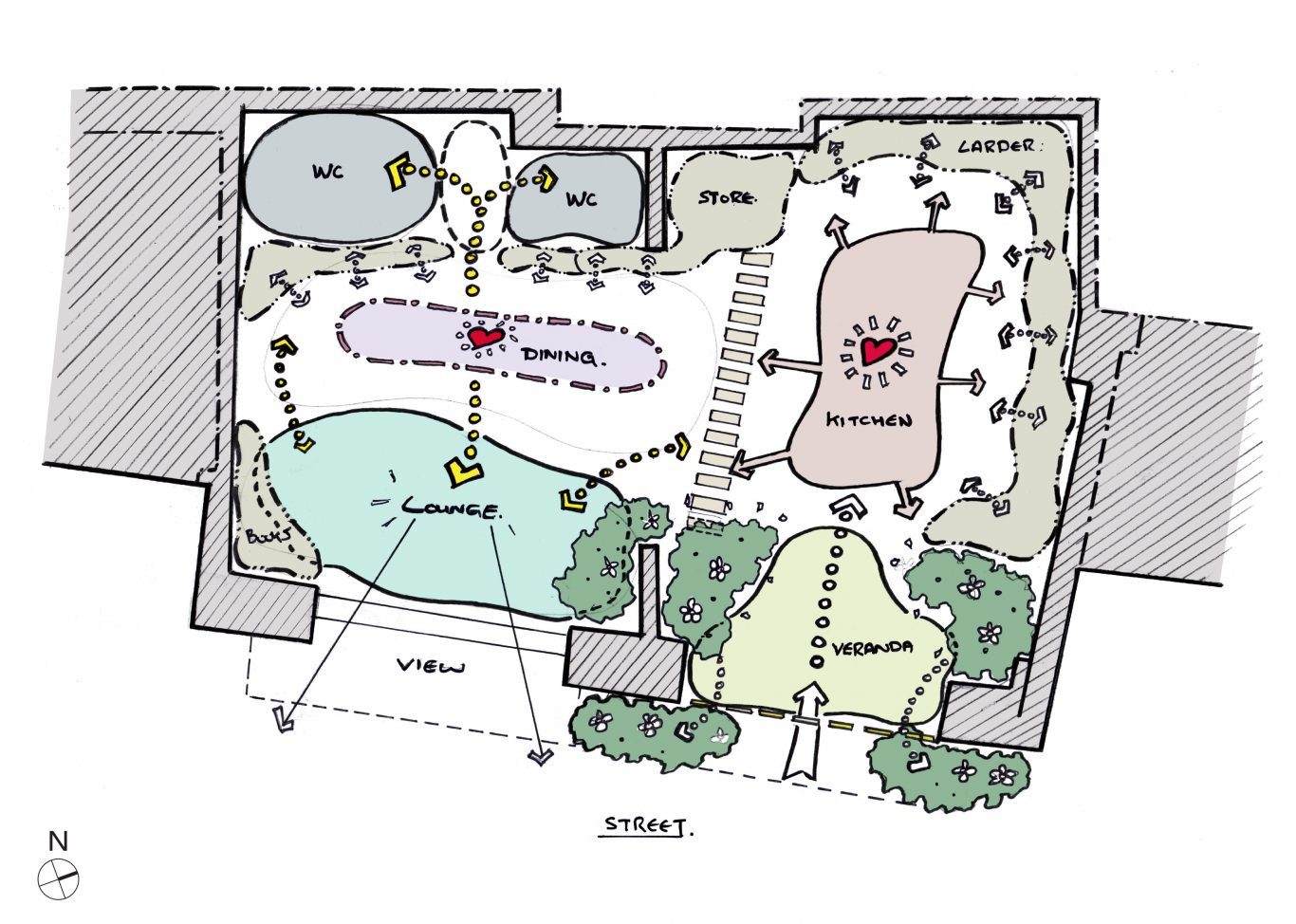
What is place-making and how do you incorporate it into design?
Placemaking or place-making is a design principle that goes beyond the forms of an individual building or landscape; it seeks to incorporate the assets and identity of a place in a way that appeals to and helps nurture and evolve a local community organically. For designers the goal of placemaking is to consider the sustainability of the public realm and commercial offering in conjunction with the well-being, happiness and health of the people living and using these spaces. When planning new developments, a lot of energy has historically been focused on creating fait accompli solutions to landscape and public realm design that looks good in visualisations and in sales brochures but once built lacks character and vibrancy. Designers cannot skin-graft culture onto new places; only by fostering a sustainable and robust approach to design that has ‘destination-thinking’ at this heart can successful places and communities evolve. At Common Ground Workshop we call this process of evolution Place-ID.
Embracing Community; Adaptable Space and ‘Place-Identity’
As architects we are at the forefront of collaboration with developers who are seeking to actively implement ‘Place-ID’, and we seek to create design solutions that aren’t static and that can adapt and evolve over time to embrace informality and change change. Running it’s own community focused co-working, exhibition and cafe in East London Common Ground Workshop has set itself apart from other architectural practices by encompassing the spirit of adaptability and embodying placemaking philosophy and destination-thinking consistently into our working lives and practice. The Studio is increasingly consulting on the creation of dynamic space that has a variety of functions and the potential to change over time; space that looks and feels inclusive and that fosters interaction. Each of the team members at Common Ground Workshop have lived in this city long enough to recognise how simple it is to become complacent as a community member here. As a team we have decided to remove ourselves from unresponsive architectural practices that do not consider the wider effect of our work within the community and local neighbourhoods.
Our Current Placemaking Projects
Common Ground Workshop have been commissioned to design multiple projects at the prestigious locations close to Battersea power station, London City Island, Oxhey Park in Watford and the vast area surrounding London City Island. These new projects go well beyond the traditional form of separating business and public space to introduce modern, progressive business ideas that effectively remove barriers and build community through design.
Our involvement in projects which are redefining the city core and innovating space call for a wider consideration of not only independent, single spaces but how each new space integrates with and, moreover, improves the public domain. Working to design multiple projects in entirely new developments in London has opened up a great opportunity for our studio, allowing us to consider key elements of the placemaking process. Each of these projects are adjacent to public spaces, including parks, gardens, fitness areas, public squares and other complementary businesses. Working with these spaces to not only make the business practical use for local patrons but to create destination locations for trade and a cohesion between public realm vs business is our primary goal.
